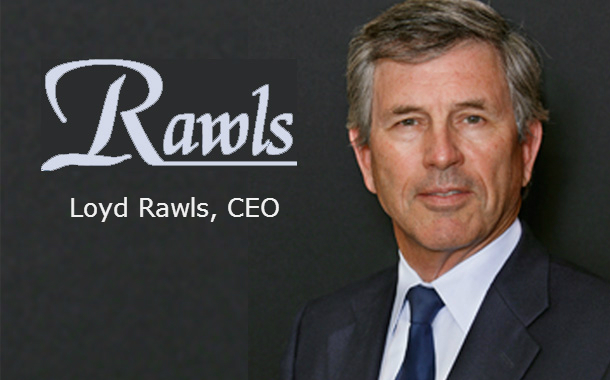By Loyd H. Rawls, The Rawls Group
Seventy-five percent of family businesses — especially highly demanding automobile dealerships — do not have the 4Cs of Successorship. Capable, committed, competent and community-minded successor. In such instances, selling the family business is a viable succession option.
With all the money that is being thrown at buying dealerships today, the value of dealerships is a common discussion item. And in some instances where there is no locked-in successor, I am often at the table helping my clients consider if they want to cash in on this hot market.
Predictably the topic moves directly to the price. In the sale of a family dealership, this can be complicated. But don’t lose sight of the fact that the market is what determines the price.
To be sure a decision to end (sell) a family legacy is formidable. The sale of a family business is complex because there are emotions involved. The dreams, blood, sweat and tears of prior generations are sitting on the shoulder of the current owner, who has likely been a benefactor of those efforts.
Furthermore a series of frustrating and often depressing circumstances may have led to an emotional conclusion of “I am fresh out of energy, patience and creativity to keep this business going!”
It is also complex because there may be several actual owners as well as countless “owners” with huge emotional investments in the business such as long standing key managers and employees who helped raise your children, and vendors who depend upon your patronage and over-involved manufacturers.
With all this family business clutter, the “What’s the right price?” question is usually followed by such rhetoric as, “I have a lifestyle to support. My pride would never let me sell for less than X. The price should be reflective of not what I’ve done but the store’s potential. I might sell the franchise but I would never sell the land. There are people that I would never sell to, regardless of the price.”
This price-noise generally creates lots of frustration, friction and anxiety but little definitive action that produces a better price for the business. In the absence of purposeful leadership, the sale progression commonly grinds to a halt. Then, if there is truly a genuine interest in a sale versus just testing for interest in a value, I am asked, “Loyd what do you think is the right price?”
My answer? “That’s the wrong question.” The right question is, “Am I going to sell?” My recommendation is to ask that question first, thus avoiding the family and organizational hazard of “What’s the right price?”
If you focus on “Am I going to sell?” and the answer is “No” you have avoided all the circuitous, rhetorical, emotionally taxing, unproductive questions relating to price.
If your answer is “Yes, if I can get my price” you should understand that you have NOT made a decision to sell. You have not decided to find a better successor owner than your children.
You have decided to dictate to the market a price and in so doing test the patience and resilience of your family and management team. Prepare yourself for a major ration of conjecture, hypothesis, debate, confrontation, argument and pressure from family, advisors, brokers or prospective buyers.
Hopefully, after passing through this gauntlet, you will be enlightened as the likely effect of trying to dictate a price to a free market. That is usually the disappointment of not selling, followed by emotional weariness and organizational distraction which in this high velocity automotive environment creates a costly loss of momentum that predictably leads to the post mortem conclusion of “We should have sold.”
You may think I am over simplifying matters but I assure you, the way to determine the right price is to first decide to sell without worrying about price. This is as good a market for dealerships as we have had in the last fifteen to twenty years. If you decide to sell and have good representation, the market will set the right price.
Then, all you have to do is get the right representation by consulting prior to engagement two or three highly-experienced and reputable Seller’s Representatives who are tasked to do a market study, advise you on price, and convince you they can provide sufficient value-added services to earn their commission.
Remember a Seller’s Rep is not a broker; they represent you. Prior to engagement, your Seller’s Rep would provide both personal references and examples of actual closed transactions demonstrating they know the market. They can also help you set the price. Their presentations should convince you of a fair price, and a fee for value-added services (not just showing up at closing) that are reasonable consideration for their competitive compensation. Odds are, if you receive proposals from three Seller’s Reps, you are going to determine the right price. If you don’t find the right match, keep looking. But don’t think you are going to dictate to the market the price and terms for your dealership.
Loyd Rawls is CEO of The Rawls Group, a national business succession planning firm. Loyd Rawls can be reached at askloyd@rawlsgroup.com. For more information visit www.seekingsuccession.com











